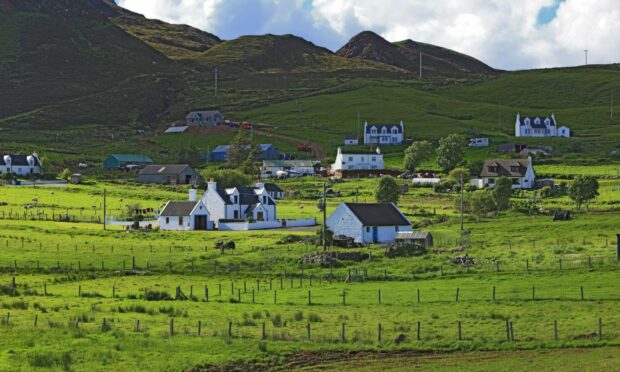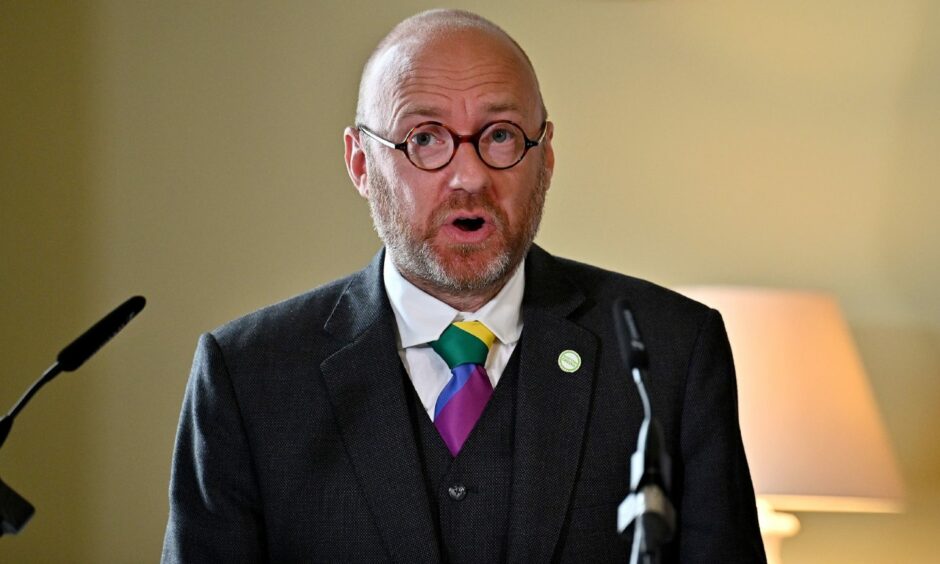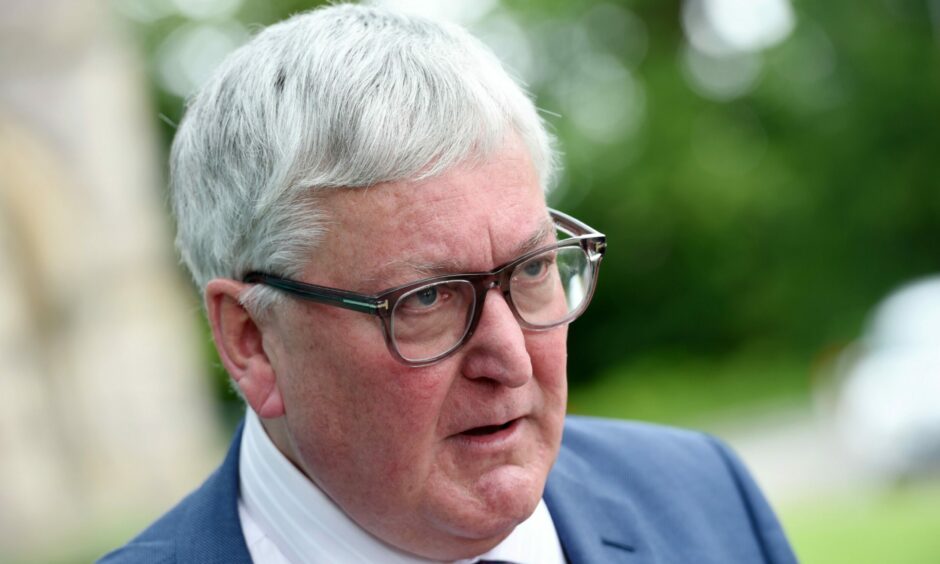The SNP-Green government is facing calls to urgently reconsider plans to phase out fossil fuel boilers which could “penalise” rural communities.
Inverness and Nairn MSP Fergus Ewing is leading the charge against his own government’s controversial heating proposals.
The SNP rebel is behind a new cross-party letter which warns of the potential consequences on those living in rural areas.
The Scottish Government’s Heat in Buildings Strategy aims to phase out new or replacement fossil fuel boilers in off-grid properties from 2025.
And Patrick Harvie, Green minister for Zero Carbon Buildings, has a plan to replace thousands of boilers with more environmentally friendly heat pumps.
However, The Herald on Sunday revealed this is in doubt after figures showed progress in meeting renewable heat targets is “some way off track”.
Data for 2020 shows that only 6.4% of homes in Scotland had renewable heating systems against the Scottish Government target of 11%.
‘Serious risk’ to remote areas
Mr Ewing delivered the letter after Mr Harvie announced plans to enforce penalties on owners of fossil fuel boilers with lower energy performance certificate ratings.
The SNP MSP accused the Scottish Government of “taking an approach to decarbonisation that will pose a serious risk to those living in remote areas”.
He added: “Not only does it threaten to burden off-grid property owners with overwhelming costs, but it also leaves them vulnerable to extreme weather-induced power outages and disregards the realities of inefficient rural and islands electricity grids and infrastructure.
“While it’s important that we all work together to meet our Net Zero ambition, it should not come at the expense of our rural communities.”
Tory energy spokesman Douglas Lumsden, Highlands and Islands Labour MSP Rhoda Grant and Liam Kerr, Tory MSP for the North East region, have also signed the letter.
Ms Grant said the current approach from the Scottish Government “appears to penalise those living off the gas grid, despite their existing advantages”.
“We need policies that address the specific challenges faced by rural communities and protect them from undue burdens during this critical transition”, she added.
‘Deeply unfair’
Meanwhile, Mr Lumsden claimed the current proposals are “deeply unfair on Scotland’s rural communities”.
The group of MSPs instead are advocating for a mixed technology approach that could include the use of renewable liquid gases.
The Scottish Government estimates around 20% of Scotland’s carbon emissions come from heating buildings.
Ministers have launched a consultation on proposals to reform EPC ratings and draft legislation for the Heat in Buildings Bill is yet to be published.
The Scottish Government were approached for comment.


